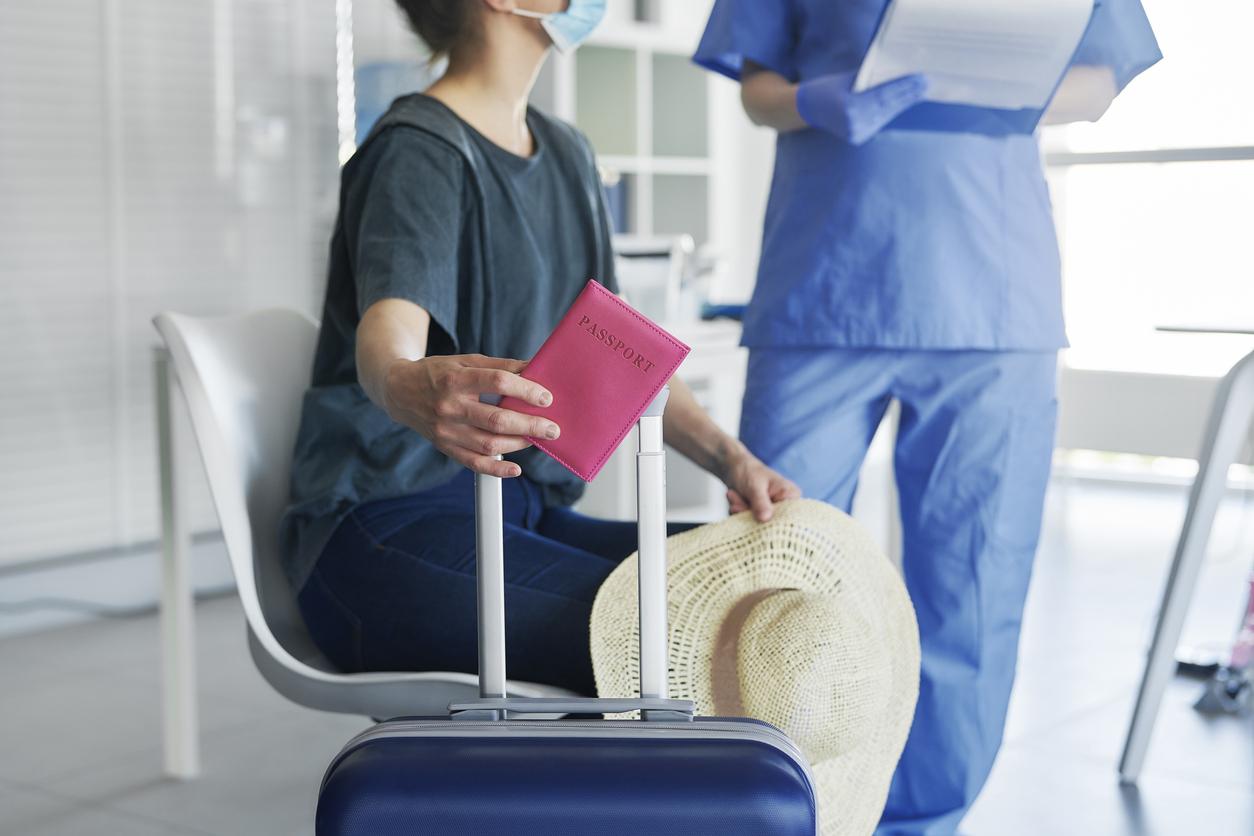The Centers for Disease Control and Prevention (CDC) today announced a COVID-19 testing requirement for passengers arriving from China, Hong Kong, and Macau to slow the spread of the virus in the United States due to lack of clarity about China's surge.
Amid media reports and video footage of overwhelmed health and mortuary services in China, the United States and other countries are stepping up restrictions on travelers from China, partly to track any potential new SARS-CoV-2 variants.
In its statement today, the CDC said it based its decision on the lack of adequate and transparent epidemiological and viral genomic sequence data from China. "These data are critical to monitor the case surge effectively and decrease the chance for entry of a novel variant of concern," the agency said, adding that it would monitor the situation and adjust its approach as needed.
CDC ups both testing and genomic surveillance
Beginning on Jan 5, all passengers ages 2 and older originating from China are required to test no more than 2 days before departure and show a negative test result to the airline before departure. The requirement applies to all airline passengers coming from China regardless of nationality or vaccination status.
The requirement also applies to people flying into the United States from international airports in Seoul, Toronto, and Vancouver who have been in China in the last 10 days.
Also, the CDC said it is expanding its traveler-based genomic surveillance, a voluntary swabbing program that is designed to help fill gaps in SARS-CoV-2 surveillance. The CDC added Los Angeles and Seattle airports to the program, bringing the number to seven. It also expands the number of weekly flights covered to 500, including 290 from China, from at least 30 countries.
Extent of Chinese surge unclear
Several of China's major cities were battling COVID flare-ups before the country scrapped its "zero COVID" measures. The unwinding of the restrictions seems to have intensified those outbreaks, but the nation's health officials have also signaled changes in reporting, including for deaths, that muddle the scale of the current surge.
Experts have also raised concerns about China's lack of transparency about genetic changes in the circulating viruses—key information needed to help the global community prepare for future surges.
Flurry of enhanced screening announcements
Yesterday, Japan—grappling with its own COVID surge—announced that it would test all passengers arriving from China, with those testing positive required to isolate at designated facilities for 7 days, according to the Japan Times. Officials also announced that they would limit the number of flights from China.
Japan's health ministry today reported a record daily high for COVID deaths, with 415 fatalities reported, according to Reuters. The country is also approaching record daily highs for new cases, with 216,219 reported today.
Other countries and jurisdictions are also tightening restrictions on travelers from China. Taiwan's government today said it would start testing people arriving from China starting on Jan 1 and that the government would sequence viruses from positive tests to look for any new SARS-CoV-2 variants.
Elsewhere, Italy's health minister today announced COVID rapid antigen testing and sequencing for all travelers coming from China, according to Reuters, which said the airport in Milan had already started screening people arriving from Beijing and Shanghai on Dec 26.
Editorial note: This story was revised to include the CDC's late-breaking announcement.





















